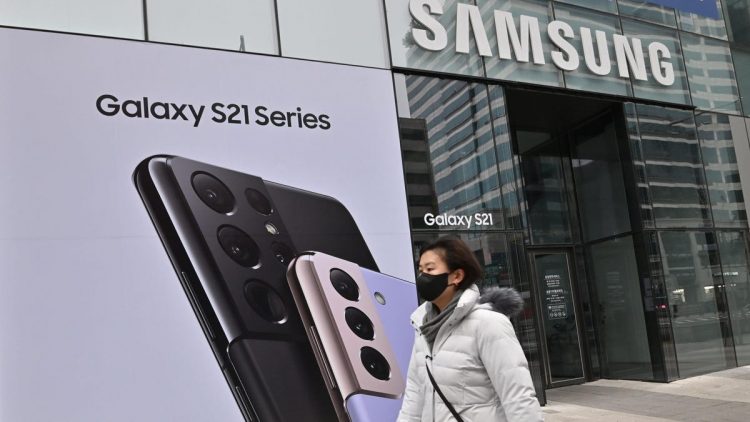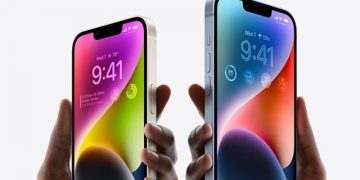Photo: JUNG YEON-JE/AFP (Getty Images)
Samsung has taken its first, tentative baby steps in the path toward giving users the option to self repair their devices. These new repair kits are only available for a few select models, and new parts could still cost a pretty penny.
On Tuesday, the company shared its new repair kits carrying genuine parts in partnership with iFixit. The new kits come with guides and tools as well, but so far parts are limited to screens, charging ports, and back glass. Charging ports cost $67 across the board, while screens run up around $230, but likely more depending on the phone model. Back glass for each phone hovers between $70 and $90.
The full list of supported phones includes:
- Galaxy S21 Ultra
- Galaxy S20
- Galaxy S20+
- Galaxy S20 Ultra
- Tab S7+
Of course, this is still a fraction of the cost of a new phone (a new S21 goes for $530 with trade-in, or $850 normally), so considering the detailed instructions provided by the folks at iFixIt, it’s definitely a consideration. The repair kits include a return label to ship back broken parts to the company, which says they’ll get recycled.
Samsung announced back in March that it was finally jumping on the self-repair bandwagon, apparently seeing the light only when Apple announced last year it was going to let users repair some of their iPhones. Samsung has long been reprimanded by the folks at iFixit for its rather slapdash standards on devices like the early Galaxy Folds, so it’s encouraging to see the two teaming up. The new program is currently limited to the U.S., and of course, this new set of repair kits doesn’t include the most updated models like the Galaxy S22, Tab8, Galaxy Note, or the Galaxy Z Flip/Fold series.
Apple released its iPhone repair kits in April for the iPhone 12, iPhone 13, and third gen iPhone SE devices. The company decided for some reason to provide tool rental kits at nearly $50 bucks for a week’s use. At the same time, it offers significantly more parts and tools for its select product lines, including cameras and sim trays. Its service has similar pricing to Samsung’s, though the iPhone maker’s repair kits might cost slightly less in the end thanks to return credits. Other than the free shipping slip, Samsung does not offer any credits for its return-recycle services.
At the same time, iFixit has criticized Apple’s self-repair program for making stocking up on backup parts difficult, which doesn’t impact individual users but hurts mom and pop repair shops.
Though Samsung’s repair options are relatively straightforward compared to Apple’s offerings, that they’re so limited on which parts you can replace is a big sticking point, even with promises of more coming in the future. This is a good first step, but with how long users and government agencies have been demanding the right to self-repair, Samsung’s efforts seem lackluster.
Other major tech companies are also anticipating the release of their own self-repair services. Google said back in April that it would have parts available for the Pixel 2 through Pixel 6 Pro available later this year, and the company promises to have repair options for the UK, Canada, and Europe as well as the U.S. Around the same time, Microsoft released a study showing the benefits of self-repair, and promised it would be working toward that end. However, it has not made any public statements about the timing for the release of its own self-repair service.
Source by gizmodo.com




























